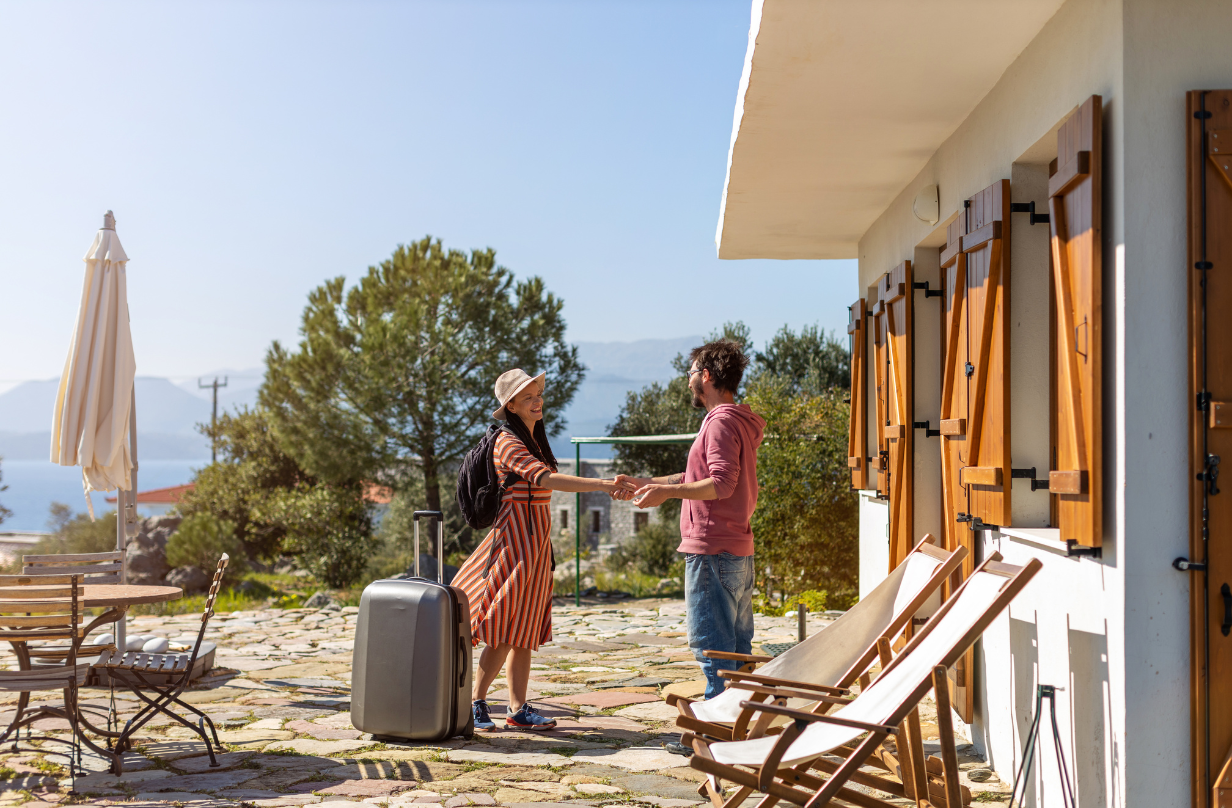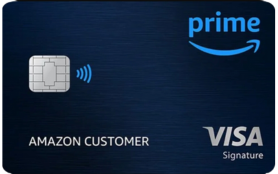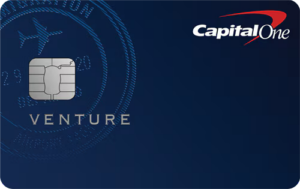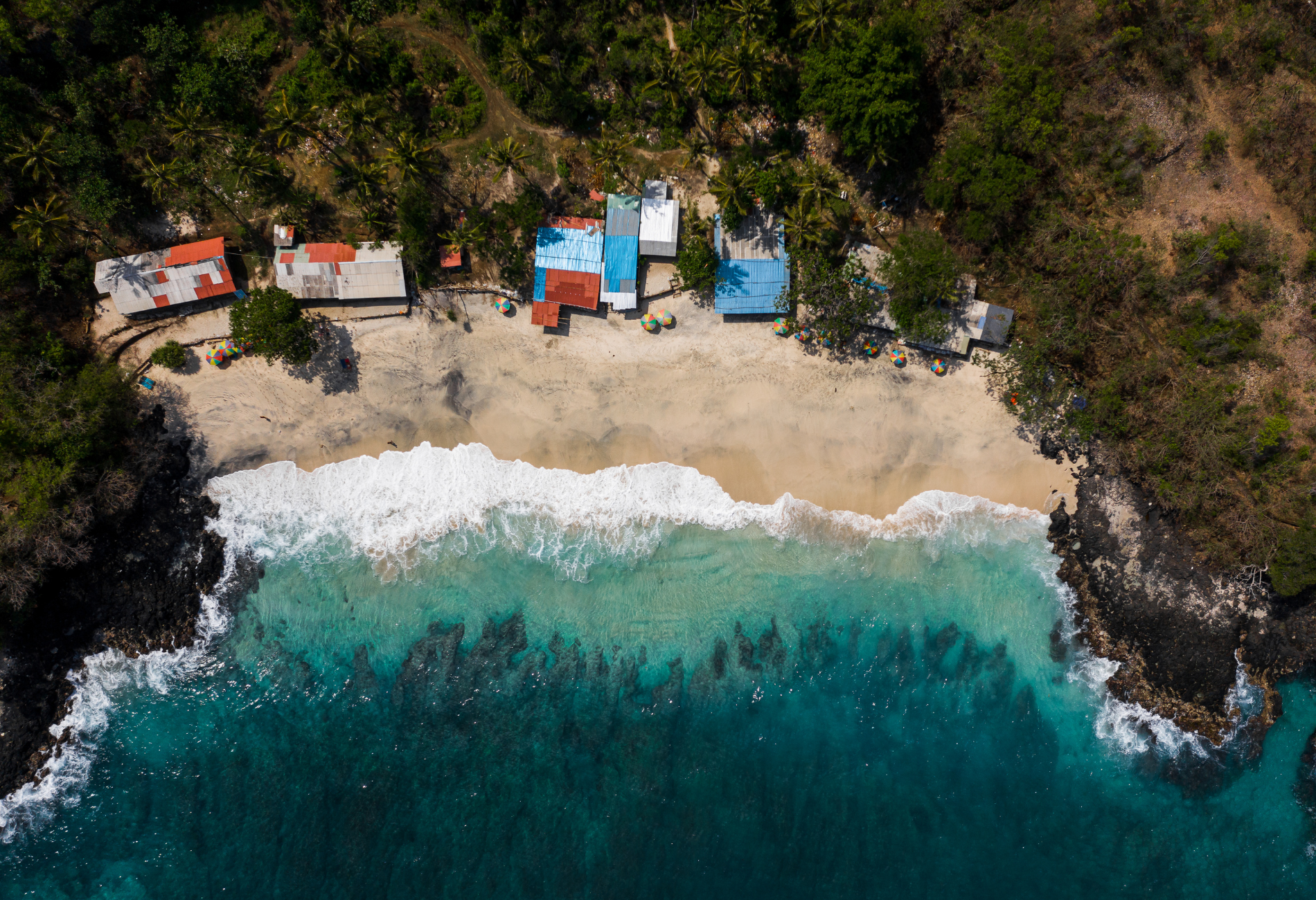No one is particularly “safe” from vacation rental scams. Even well-researched and detail-orientated travelers who double and triple-check bookings may fall victim to such fraud.
The vacation rental business has undoubtedly taken off in recent years thanks to hosting platforms like Airbnb, Booking.com, Vacasa, and Vrbo. Many travelers swear by short-term rentals because of their privacy, space, and cost, but fraudsters have used fake listings to bilk travelers out of their money.
As the travel industry gets back to business amid the global pandemic, travelers are warned to watch out for suspicious activity when booking their dream vacations. Last summer, both New York Attorney General Letitia James and Florida Attorney General Ashley Moody warned travelers about vacation rental fraud and urged them to be cautious when evaluating listings.
Most vacation renters enjoy trouble-free trips, but before reserving accommodations, it’s good to put your critical thinking cap on.
Tips to consider when booking
The listing seems too good to be true, with unbelievable value or luxury features that do not correspond to the price.
The host asks you to communicate on a platform outside of the one you are using.
They request direct payment via Venmo, PayPal, Zelle, a wire, or a bank transfer instead of secure payment through the booking platform.
The reviews seem questionable – either too little or too much repetition in language.
You do not receive answers to your questions from the host prior to your stay.
A potential host constantly pressures you to book quickly.
A google search shows discrepancies in location, amenities, and more.
Links and written language in the description are off.
Travelers who suspect they are being scammed should immediately contact the listing site and local or state authorities to identify the scammer, resolve the incident, and ensure it doesn’t happen again.









 by your friends at The Daily Navigator
by your friends at The Daily Navigator



